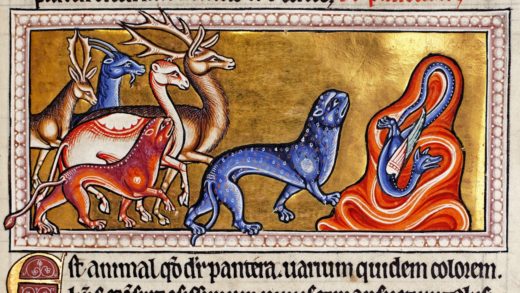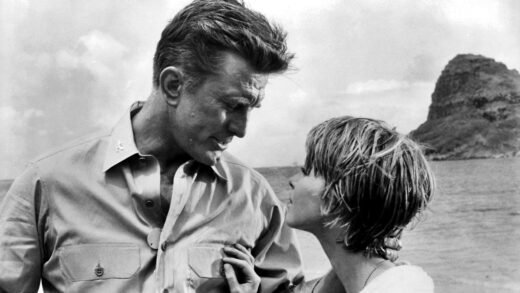What was heatedly read and viewed during June 2022. The greatest hits include: José Rizal’s Noli Me Tangere, Don Siegel’s The Lineup (1958), and Wanda (1975)
6/1
— José Rizal, Noli Me Tangere, 20 pp.
This novel is a famous work of Filipino literature, which I read only because of the Philadelphia Classics Reading Group, of which I am occasionally a part. I did very much enjoy it.
— The Parallax View (1974)
This film came to my attention when I read Fredric Jameson‘s commentary in The Geopolitical Aesthetic, specifically in relation to the function of conspiracy. Perhaps the most interesting part of the film appears when Frady (Warren Beatty) views an indoctrination film as part of the assassination training program of the Parallax Corporation. These are the moments — in all films — when film reflects back upon itself. The film becomes self-conscious. You are no longer watching a character watching a movie, you are the character watching the movie. Alan J. Pakula, the film’s director, spent months on this section of the film.
Apparently the scene was 6 minutes long, which I am now incredulous to learn. That is an enormous amount of time for a cinematic object of dubious diegetic function. I say dubious because while we are curious how the Parallax Corporation trains its operatives, what would be the value of watching such a film? I expect that Pakula thought it was important to show how the film creates new associations between traditional American values and the identifications necessary to free the conscience of a would-be assassin.
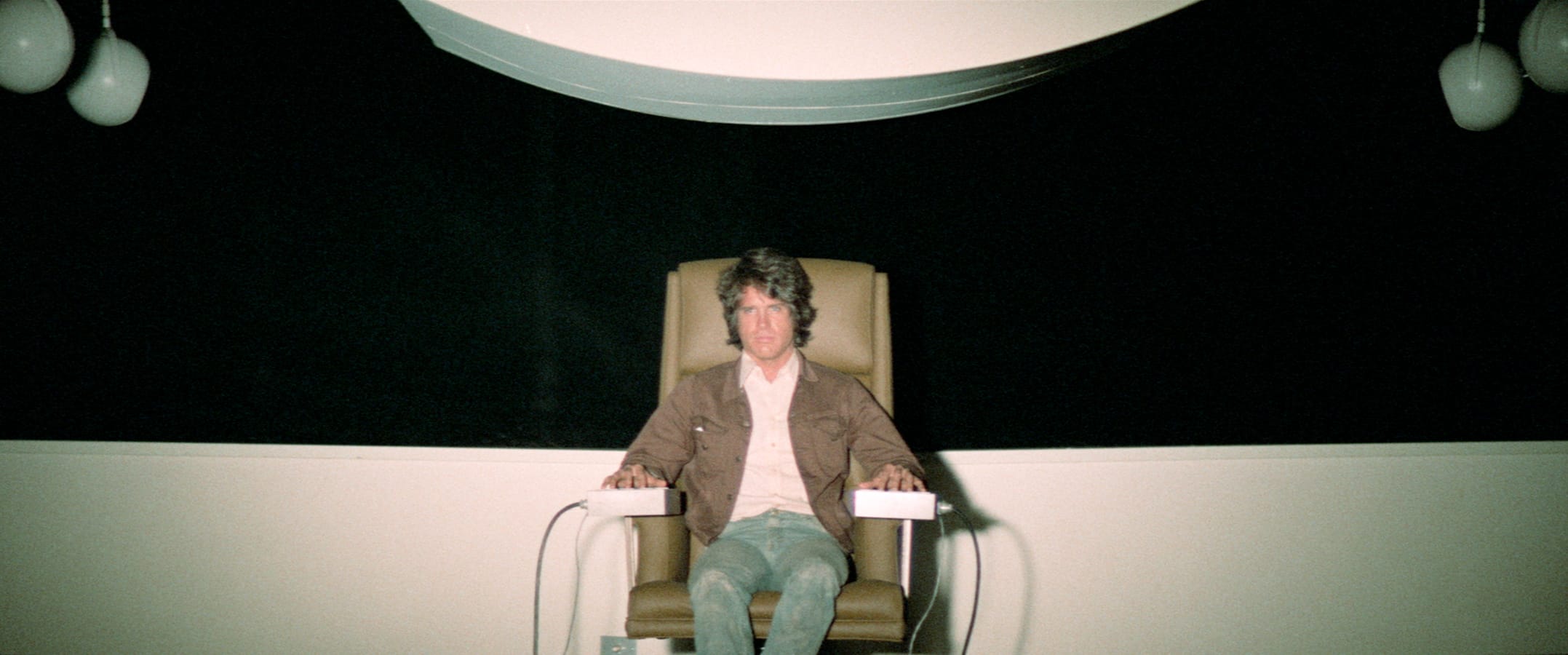
6/2
— The Hateful Eight: Extended Version (2015)
Had convinced myself that there might be something redeeming about this extended version (see below). Has made me think about the function or gore in Tarantino films.
— Noli, 10 pp.
— NYRB on WW1 roots of Ukrainian nationalism and antisemitic violence
What’s Interesting about The Hateful Eight (2015)?
What’s interesting about this film is the past of the Civil War and how different characters reckon with it.
For example, perhaps the main character (supposed to be Kurt Russell‘s bounty hunter John Ruth) is Walter Goggins‘ Chris Mannix, a former Confederate soldier who had been part of a party scourging Negro towns and elsewhere.
The character is based on someone who’d been a part of Quantrill’s Raiders, an actual historical group that conducted guerrilla warfare on the western portion of the United States (at that time), meaning Missouri and Kansas, where the questions about the legitimacy of slavery lacked the force of institutional time. There slavery’s fate was just being decided.
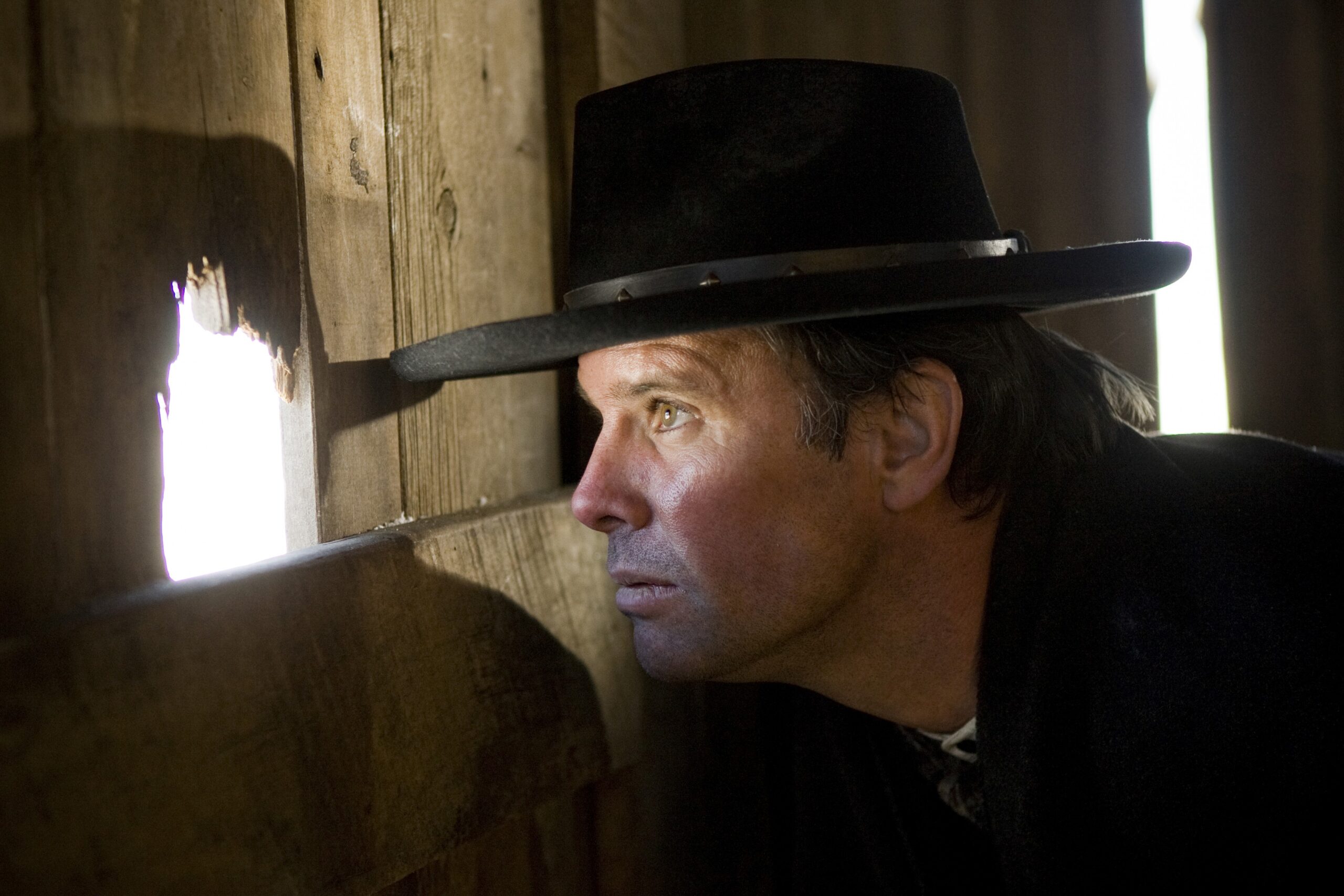
It’s worthwhile, as well, to reflect on how much Hollywood was fascinated by Quantrill’s Raiders. Perhaps this isn’t surprising given the great fame of Birth of a Nation (1915), as I indicated last month.
There are other interesting elements, such as the letter from Abraham Lincoln, forged by Samuel L. Jackson‘s Major Marquis Warren as a way to give a black man some credibility in the times after the Civil War. It’s a fetishized object indicating the unique function of literacy during these times. Similarly, one of the villains (played by Tarantino regular Michael Madsen) claims to be writing his autobiography.
6/3
— NYRB on Brezhnev, the new Dead Souls, the pre-history of the internet, correspondence between Adorno and Scholem
6/6
— Light Sleeper (1992)
Paul Schrader film starring Willem Dafoe, Susan Sarandon, and Dana Delany. Dafoe plays a drug dealer realizing that his vocation is due to end when his supplier, played by Sarandon, leaves to get into cosmetics.
Multiple threads maintain this film and the primary one — the malaise of the Dafoe’s central character — is not as compelling as it should be. Instead of worry about his future, which is at least explicitly mentioned here and there, he seems more concerned about a relationship that ended, one in which he anticipates a future.
— Noli, 30 pp.
6/8
— Noli, 30 pp.
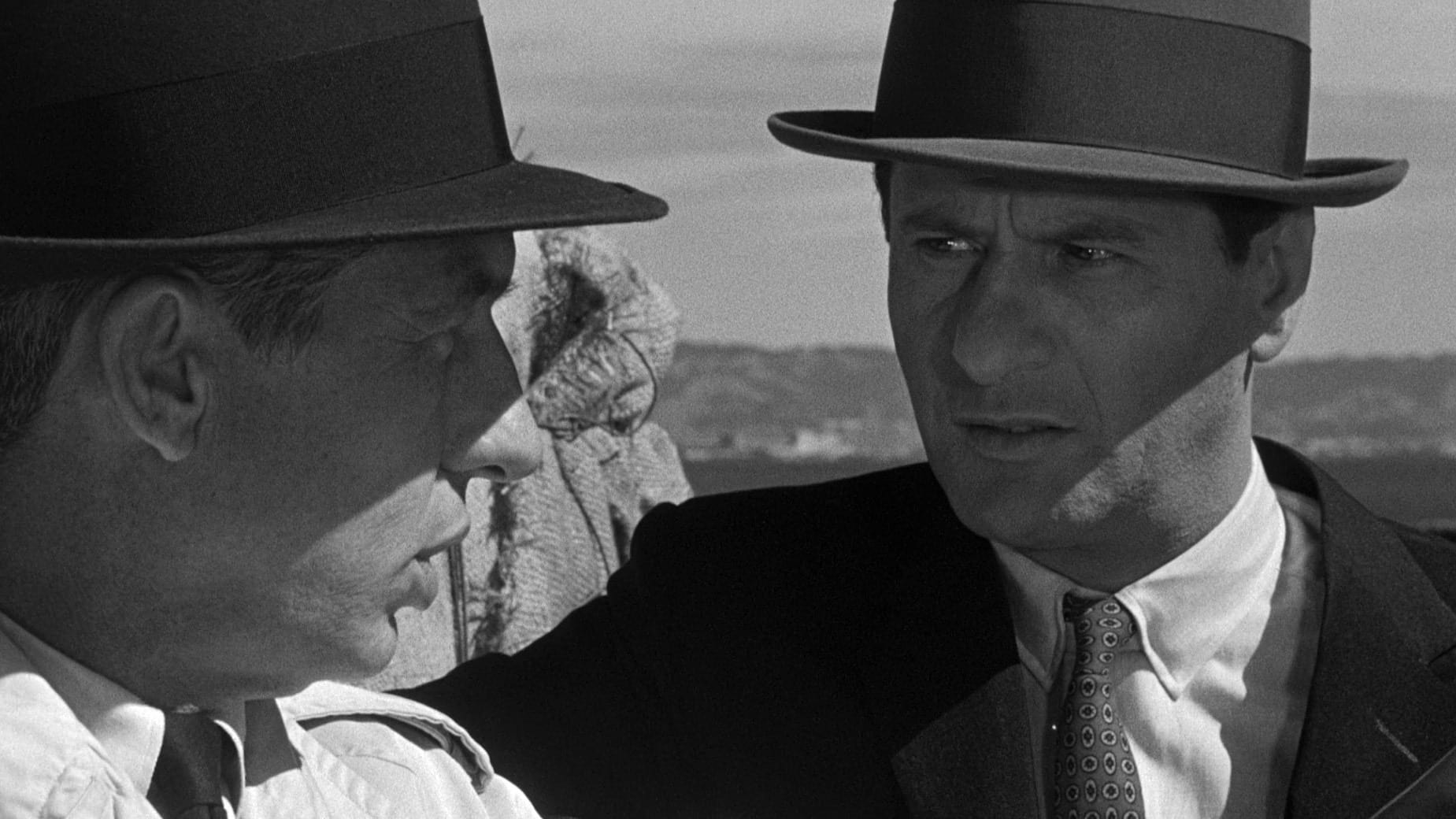
6/9
— The Lineup (1958)
Early film starring Eli Wallach and Robert Keith, directed by Don Siegel, and written by Stirling Silliphant. I note the latter because the writing of this film is so interesting. Wallach’s Dancer and Keith’s Julian are Miami-based killers — or rather, Dancer is, and Julian is … his mentor? — in ‘Frisco to take care of the collection of millions of dollars in heroin unknowingly imported by three sets of travelers from the Orient (that term is appropriate here).
When the film first introduces Dancer and Julian, they are on an airplane and Dancer is reading about the use of the subjunctive because Julian’s encouraging him to refine his speaking. The subjunctive!
Dancer is menacing throughout, especially when he dispatches an unlucky and then reports the victim’s final words to Julian, who writes them down as material for some project.
— Mysterious Object at Noon (1999)
Directed by Apichatpong Weerasethakul, an experimental Thai film, according to Criterion, Wikipedia. Experimental film leaves me unknowing and inadequate. It should not be watched late at night.
— Finished Noli Me Tangere
6/10
— Matilda (1996)
Danny Devito directed the film adaptation of this Roald Dahl novel of the same name. Lucian wanted to watch this and I was fascinated by that. I found a copy of Matilda on the sidewalk back in the 1990s, walking around Philadelphia, read it and loved it. Yet I admit that I cannot remember much of it.
6/11
— Ulysses, 10 pp.
— NYRB on Gayl Jones’ novels
6/12
— Ulysses, 10 pp.
— No Time To Die (2021)
Directed by Cary Joji Fukunaga and starring Daniel Craig, Léa Seydoux, and Rami Malek (unfortunately). A bit sad to see the end of the Craig Bond series, although in truth Casino Royale (2006) was probably the best and the others sputtered after that. Breathed more than a bit of life into a dying (dead?) franchise, what with its attention to Bond’s emotional state, his psychic scars.
What am I missing about Rami Malek? Through no fault of his own, his character in this film was simply uninteresting, not such a terrifying villain, although his mask at the beginning was undoubtedly his best scene … too bad he had to take it off.
I never was able to get into Mr. Robot (2015-17) and after that nothing he was in stood out, although I should mention I have not seen Bohemian Rhapsody (2018). It may be quite good, yet I fear musical biopics … as structurally camp and assumed that this one would be so, because of its subject matter, to a greater, insufferable degree.
6/19
— Ulysses, 10 pp.
— You’ve Got Mail (1998)
Saw this during Thanksgiving holiday 1998 with my sister in a theater in Birmingham, Ala. while visiting my extended maternal family including my grandfather, with whom I would never spend Thanksgiving again.
I recall being flabbergasted by how Fox (Tom Hanks) strings along Kelly (Meg Ryan) in the last part of the film. My sister enjoyed the film (as did I, in fact) but took my critique as a judgment on her enjoyment (it probably was in part, I mean, what’s a sibling to do except torture the other?). She argued against my view. I recall vividly my aunt — the closest thing I’ve ever known to a Southern belle — equally unwilling to allow my view and insisting that men are the playthings of women. Out of respect to her I didn’t press the point, yet my mind had not been changed although I will allow that feminine wiles, if you will, express power.
This time I suppose I wanted to exculpate Fox a little (or at least find fault with my original, much younger judgments). I don’t think I had appreciated how her attraction to him is not nearly as unequivocal as his for her, and in this she maintains some dignity. Moreover, I do not recall all of the little signs the film used to resolve the potential betrayals conducted digitally (namely, that the other characters were also unfaithful in certain ways).
Most importantly, Fox probably realizes that business is still “personal” at the end and that Kelly is right about this. All the way to the bank. And our grievance and identity with her is assuaged by the thought that she’ll be marrying into the Fox fortune.
A Previous Airing of My Thoughts on You’ve Got Mail
6/20
— The Boys (2019), #1.1-4
Gore serves as diegetic function in The Boys … I would like to write about this. Honestly, because of the gore I’d been hesitant to see it.
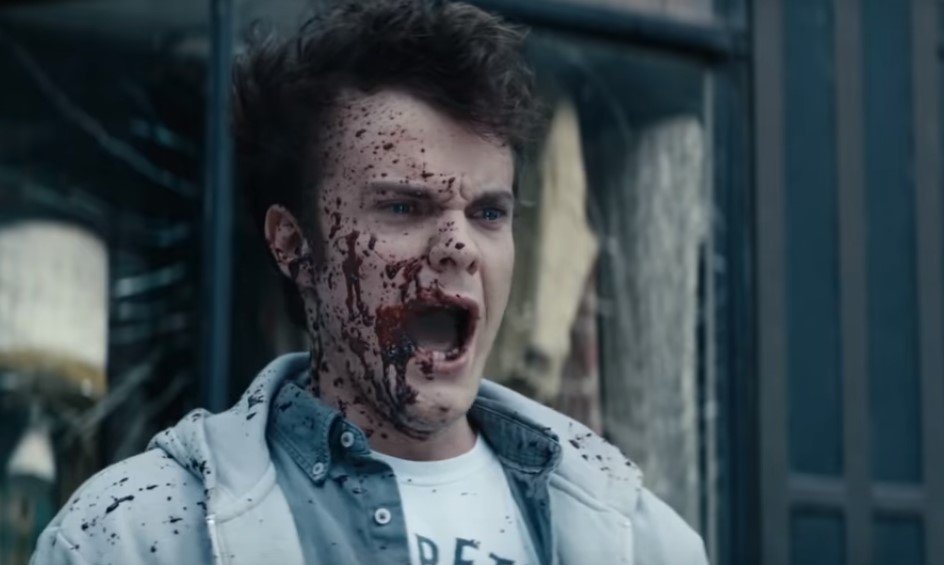
6/21
— The Boys (2019), Finished Season 1
6/22
— Plato, The Apology
Probably the first Platonic dialogue that everyone reads. This time I was struck by the concern Socrates has for his accusers who’ve grown up in a community in which Socrates is merely seen as a sophist. This is of a piece with his comment in the Republic that the beginning is the most important of all things.
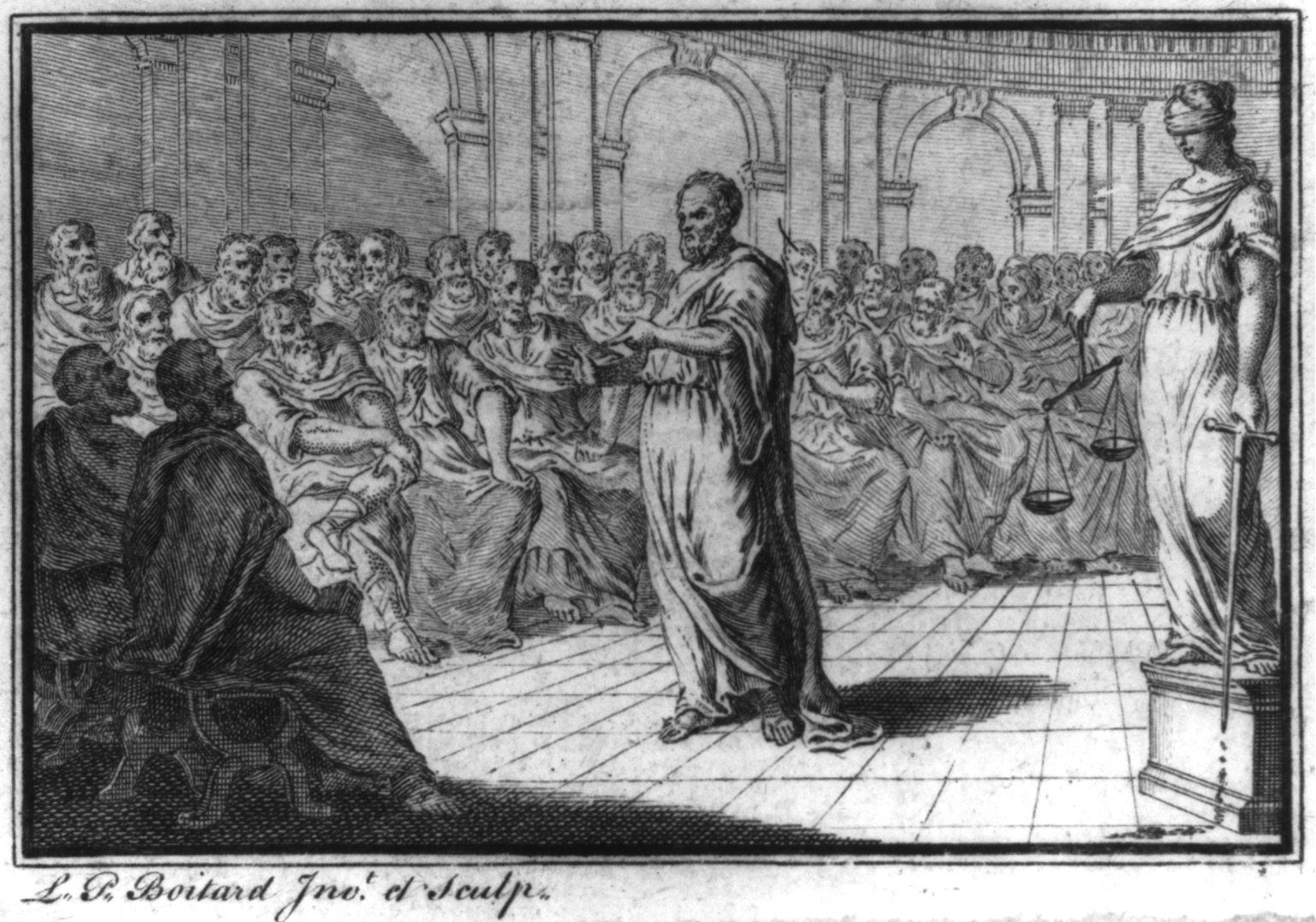
6/23
— Finished The Apology
— Hail Caesar (2016)
Although George Clooney and others are wearing togas during this film, it’s otherwise completely distinct from The Apology.
6/24
— Wanda (1970) Although I do not think it is supposed to be, it is in some ways a very sad story about someone confused, distraught. She is brave in the sense that she simply abdicates her maternal responsibilities, recognizing her lack of aptitude.
The film is parsed as a woman that gets involved with a potential bank robber. That description seems misleading as I think the incident is only supposed to be an episode.
6/25
— NYRB on Milton, French New Wave, environmental racism, recognition and Axel Honneth

6/26
— The Mandalorian, #2.1
Unfortunately, this season was not an improvement over the original.
— Obi-Wan Kenobi, #1.1-3
— Guardians of the Galaxy (2014)
— Ulysses, 20 pp.
6/27
— Obi-Wan Kenobi, #1.4-6
— The Boys, #2.1
— NYRB on securities regulation, Strangers I Know

6/28
— Solo (2018)
— NYRB on Oliver Cromwell, health care in war zones, slavery and the academy
6/29
— The Boys, #2.2-8
Yes, I admit, I binged almost an entire season in a single day. Admitting as much makes me feel like I ate an entire greasy pizza by myself, in one sitting. The analogy is fair because The Boys is like a greasy pizza … okay, no, it’s not really.
Yet The Boys is a guilty pleasure, to be sure. Another to be explained by the bad-movie-watching-credo that I have yet to write (but its outlines have taken shape, mind you).
(1) It’s a superhero movie/series, of which I think the only credible artistic expression is Joker (2019), which I really thought/think highly of. Otherwise—and there’s been some considerable amount of time to explore this genre—the superhero movies is a swampy bog in which no true cinéaste dares submerge a toe. Arguably that is a higher bar than the genre could be expected to reach. … The Boys is true to form as the adaptation of a graphic novel. Its major adaptive feature is exploiting gore. Whether this is a feature of the graphic novel I don’t know …
(2) The plot is interesting, compelling. At least it was for my small mind. And I didn’t foresee the peripeteia at the end of the first season or that of the second. But it can be summarized as man seeks to correct injustice. It’s just that the injustice is the superheroes. And that is interesting.
6/30
— Peaky Blinders, #6.4
— Ulysses, 10 pp.


